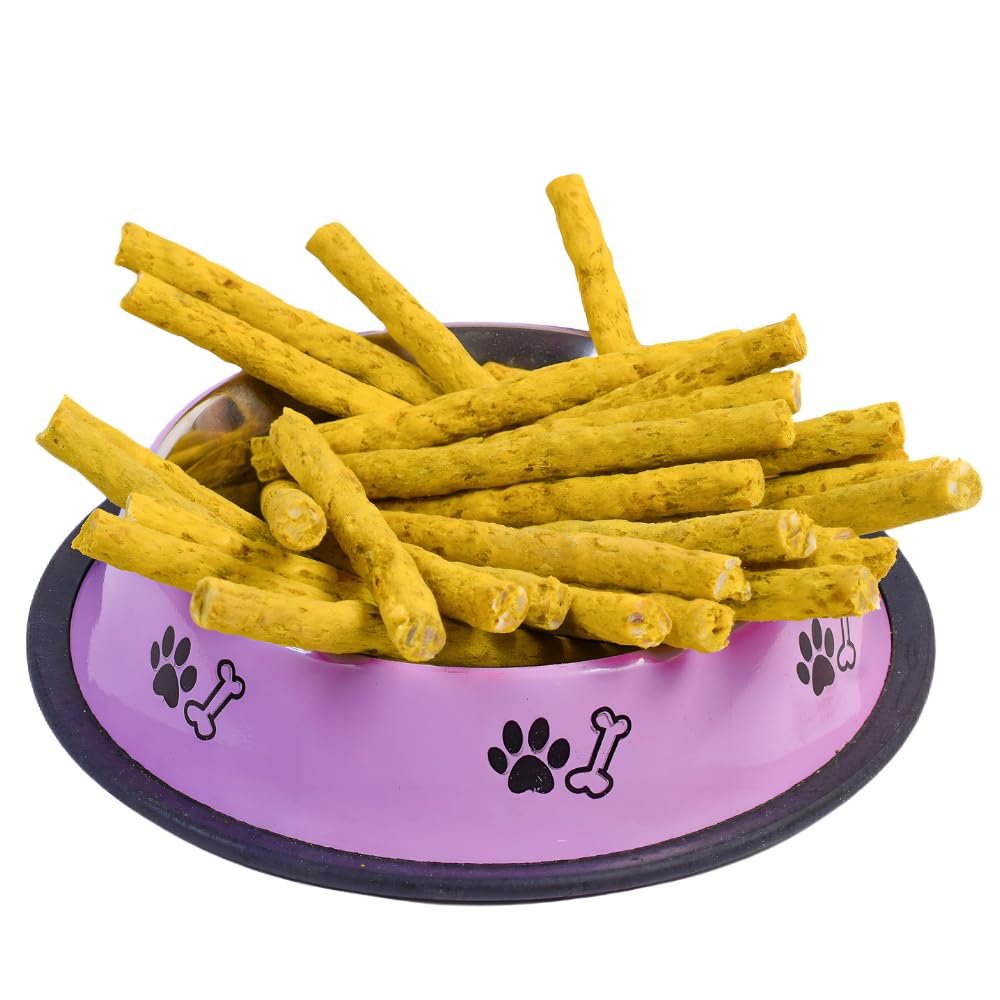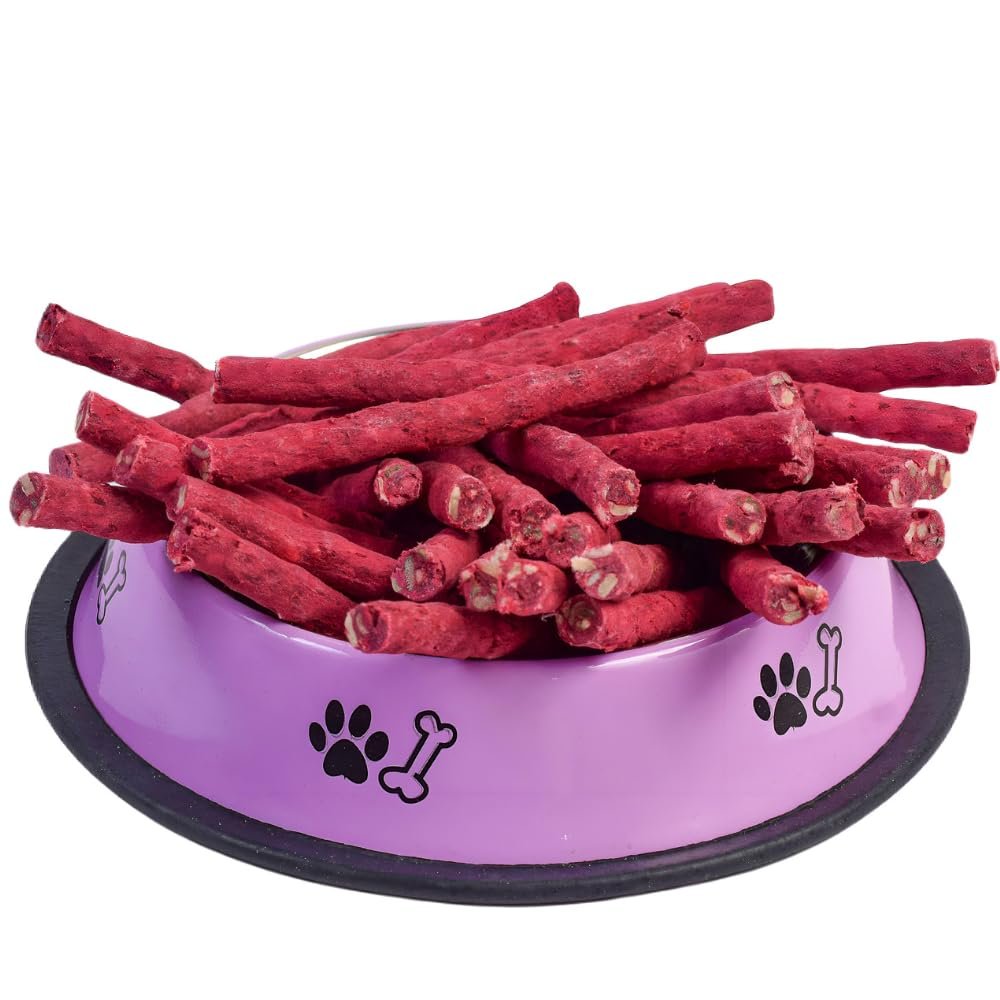Free Shipping On Order Over ₹459
Free Shipping | On Order Over ₹459
Pets are cherished members of our families, and just like us, they require proper nutrition to thrive. Selecting the right diet for your pet is essential for their overall wellness and longevity. With the plethora of pet food options available in the market, choosing the best one can be overwhelming. In this guide, we’ll delve into the world of pet wellness diets, helping you make informed decisions about your furry friend’s nutrition.

Before diving into the specifics of different diets, it’s crucial to understand what constitutes a wellness diet for pets. A wellness diet focuses on providing balanced nutrition tailored to meet the unique needs of each animal. This includes adequate protein, carbohydrates, fats, vitamins, and minerals to support their overall health and wellbeing.
A wellness diet for pets should contain high-quality ingredients that are easily digestible and provide essential nutrients. It should be free from artificial additives, fillers, and excessive preservatives. Additionally, a good pet diet should be formulated according to the specific life stage and health condition of the animal.
Pets have varying nutritional needs depending on factors such as age, breed, size, and activity level. For example, puppies and kittens require diets higher in calories and protein to support their rapid growth, while senior pets may benefit from lower-calorie options to maintain a healthy weight.
When choosing a pet diet, several factors come into play, including the pet’s age, breed, health status, and any underlying medical conditions. It’s essential to consult with a veterinarian to determine the most suitable diet for your pet’s individual needs.
Pet wellness diets come in various forms, each with its own set of pros and cons. Understanding the different options can help you make an informed decision about what’s best for your furry companion.
Commercial pet foods are the most common choice among pet owners due to their convenience and availability. These diets come in dry kibble, wet canned food, and semi-moist options. They are formulated to meet the nutritional requirements of pets and are often fortified with vitamins and minerals.


Some pet owners prefer to prepare homemade diets for their pets, believing they offer better control over ingredients and quality. Homemade diets typically consist of cooked meats, vegetables, and grains. However, it’s essential to ensure these diets are nutritionally balanced and meet all of the pet’s dietary needs.
Raw food diets, also known as BARF (Biologically Appropriate Raw Food) diets, are gaining popularity among pet owners seeking a more natural approach to feeding their animals. These diets consist of raw meats, bones, fruits, and vegetables, mimicking what animals would eat in the wild. While some proponents claim raw diets offer numerous health benefits, others warn of the risk of bacterial contamination and nutritional imbalances.
In some cases, pets may require special prescription diets to manage certain health conditions such as obesity, diabetes, kidney disease, or food allergies. These diets are formulated to provide targeted nutrition to support the pet’s medical treatment and overall wellbeing.

Selecting the right diet for your pet requires careful consideration of several factors to ensure they receive optimal nutrition and support their health and happiness.
The pet’s age, breed, and current health status play a significant role in determining the most appropriate diet. Puppies and kittens, for example, have different nutritional needs than adult or senior pets. Similarly, certain breeds may be predisposed to specific health issues that can be managed or prevented through diet.
The quality of ingredients used in pet food can vary greatly. Look for diets that contain high-quality proteins, whole grains, and natural additives. Avoid products that contain fillers, by-products, and artificial preservatives. Additionally, consider the sourcing of ingredients and opt for diets made from responsibly and sustainably sourced sources.
A well-balanced diet should provide all the essential nutrients your pet needs to thrive, including proteins, carbohydrates, fats, vitamins, and minerals. Check the label for nutritional adequacy statements from organizations like the Association of American Feed Control Officials (AAFCO) to ensure the diet meets minimum nutritional standards.
While cost shouldn’t be the sole determining factor, it’s essential to consider your budget when selecting a pet diet. Evaluate the cost per serving and weigh it against the nutritional value and quality of the ingredients. Additionally, consider the convenience of the diet in terms of storage, preparation, and availability
Quality pet wellness diets should contain a variety of wholesome ingredients that provide essential nutrients to support your pet’s health and wellbeing.
A well-balanced diet should support your pet’s overall health and wellbeing, manifesting in various ways.
Choosing the best diet for your pet is a significant decision that can have a profound impact on their health and wellbeing. By understanding the different types of pet wellness diets, considering various factors such as your pet’s age, breed, and health condition, and consulting with your veterinarian, you can make an informed choice that promotes a long and healthy life for your furry friend
If your pet has specific health issues or dietary restrictions, your veterinarian may recommend a special prescription diet to address their unique needs.
While it’s generally best to stick to one type of food to ensure balanced nutrition, occasional variety or mixing can be acceptable
Homemade diets can be nutritious if properly balanced, but they require careful planning and supplementation to ensure all nutritional needs are met
If your pet refuses to eat the new diet, try mixing small amounts of the new food with their old food and gradually increasing the proportion over time
Sign up for newsletter to receive
exclusive offer & discount
Popular Search: pet toys | Dog food |Pet Grooming | Pet Walking Accessories | Cat Teaser Playing Stick | Rope Toy | Cotton Rope Knot Ball Toy | Rubber Bone Toy | Rope Carrot Toy | Food Bowl | Chicken & Mutton Munchie Sticks | Fur Remover from Clothes | Brush Body Scrubber Shampoo Dispenser | Pet Massage Rubber Bath Glove | Nail Cutter Clipper And Filer |